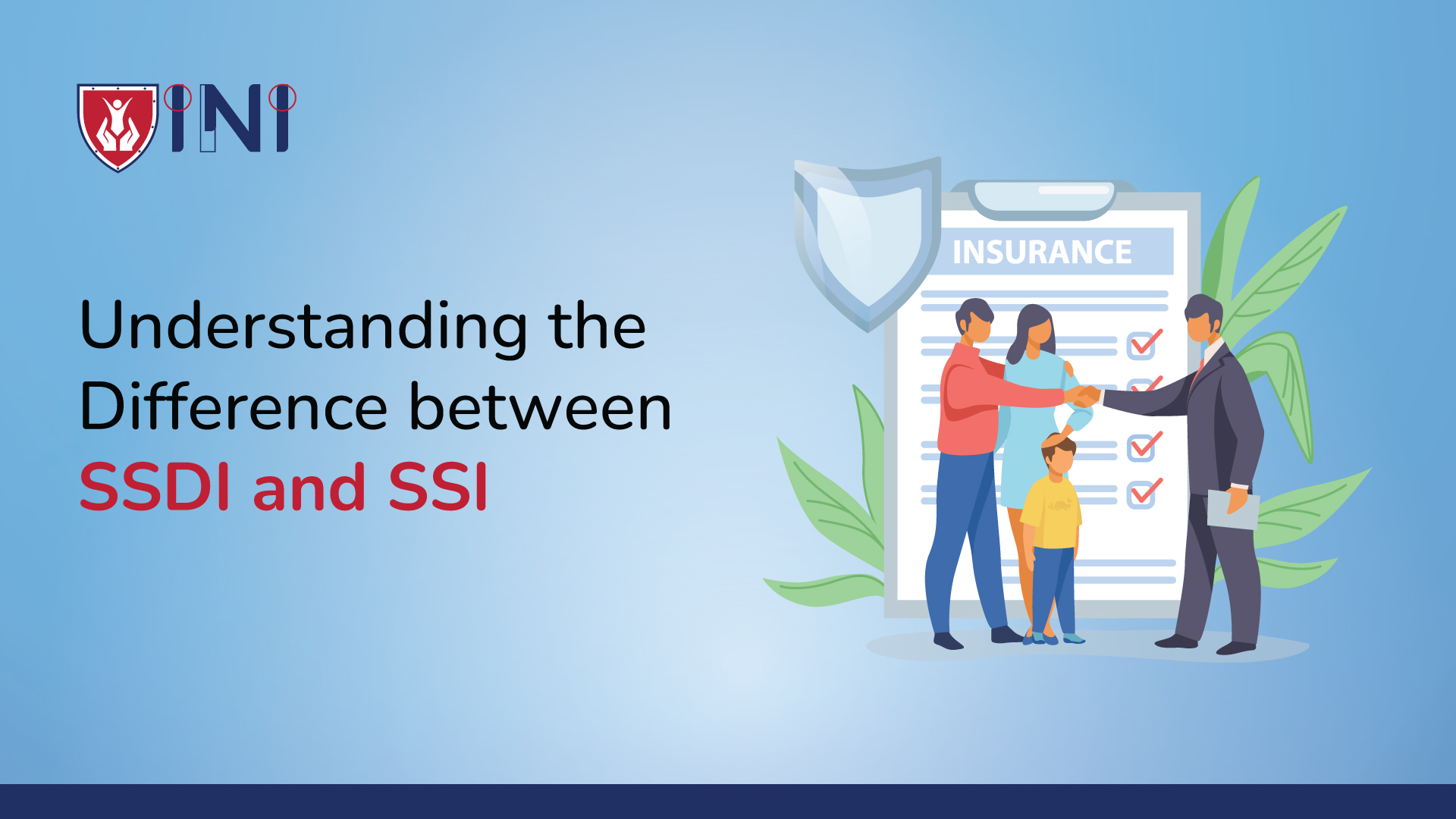SSDI vs. SSI: Understanding the Differences and Which One You Qualify For
The intriguing world of social security benefits that discusses what SSDI and SSI reign supreme lately! Let’s unravel the enigma and guide you through this complex structure of acronyms. Picture this: a battle of benefits, a clash of eligibility criteria, and a quest to uncover which one you qualify for. It's a tale filled with twists, turns, and more paperwork than a squirrel trying to organize its nut collection.
But fret not, for we shall navigate this treacherous terrain together, armed with knowledge, humor, and a touch of whimsy. So grab your imagination goggles and prepare to embark on a journey where SSDI and SSI collide in an epic showdown of financial assistance.
SSDI: Social Security Disability Insurance
Before we dive in, let's get started with SSDI, or Social Security Disability Insurance. Think of it as the big brother of social security benefits. SSDI is designed for individuals who have worked long enough and paid sufficient Social Security taxes to earn the eligibility for these benefits. It's like a reward for all those years of hard work, blood, sweat, and coffee spills.
To qualify for SSDI, you need to pass the "You're Really, Really Disabled" test. Okay, maybe it's not called that officially, but you get the idea. The Social Security Administration (SSA) has some specific requirements to determine if you're eligible. They assess the severity of your disability, the length of time you've worked, and the amount of Social Security taxes you've contributed. It's like a secret formula, except they won't let you mix potions or cast spells.
Eligibility criteria for SSDI include being unable to work due to a medical condition that is expected to last for at least one year or result in death. You also need to have earned enough credits through your work history. If you meet these criteria, congratulations, you're on the path to becoming an SSDI recipient!
SSI: Secret Society of Inclusion
Now, let's move on to SSI, or Supplemental Security Income. While SSDI is funded through Social Security taxes, SSI is more like the rebel child of the family, funded through general tax revenues. SSI is intended for people who have limited income and resources and are aged, blind, or disabled, regardless of their work history.
To qualify for SSI, you don't need to have an extensive work history like SSDI. Instead, the SSA evaluates your income, assets, and resources to determine if you're eligible. If you're rolling in dough like a bakery on a Sunday morning, chances are SSI won't be your jam. But if you meet the financial criteria and have the necessary disabilities, welcome to the SSI club!
So, what’s the difference between SSDI & SSI?
Now that we are aware of what SSDI and SSI are, let’s understand their differences in detail so that we can make informed decisions.
| SSDI | SSI | |
|---|---|---|
| Eligibility | Depends based on work history and social security credits | Depends based on financial need and limited income/resource |
| Work History | Requires a significant work history | Not dependent on work history |
| Disability | Must have severe disability that prevents from working | Must have a disability that meets SSA’s definition |
| Funding | Funded through social security taxes | Funded through general tax revenues |
| Financial Support | Provides disability benefits based on earnings | Provides financial assistance based on requirement |
| Asset Limit | There are no strict asset limit | There are limited assets/resources allowed |
| Medical Evidence | Requires substantial medical evidence | Requires proof of disability and financial situation |
| Coverage | May include dependents and eligible family members | Individual coverage only |
The Verdict: Which One Do You Qualify For?
Now that we've scratched the surface of SSDI and SSI, it's time to figure out which one suits you best.
If you have a work history, paid those Social Security taxes like a champ, and are disabled enough to not work, SSDI is your knight in shining armor. However, if your income and resources are limited, and you're disabled without a significant work history, SSI is your genie in a bottle. Just don't ask it for three wishes—ask for financial support instead!
Final Thoughts
To conclude, we can say that the showdown between SSDI and SSI has come to an end, and we've uncovered their differences and eligibility criteria. Also, remember that SSDI is for those who have a work history and are disabled, while SSI is for those with limited income and resources, regardless of their work history. Choose wisely, as your financial survival may depend on it.
Just remember, navigating the world of social security benefits can be challenging, but with a little knowledge and a sprinkle of humor, you'll be better prepared to take on the task. So, arm yourself with the right information, seek guidance when needed, and may the benefits be ever in your favor!
Did you find this article helpful? Share it!







